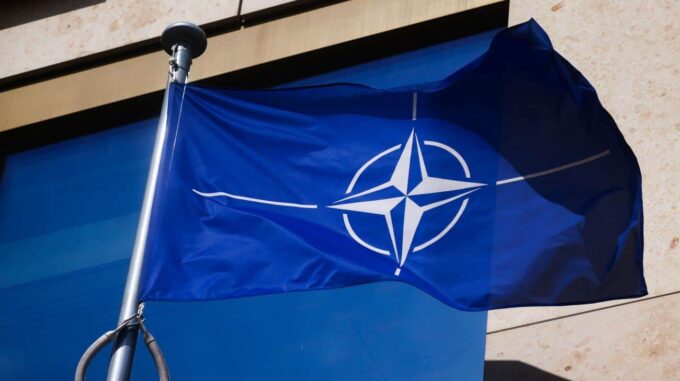NATO countries have reached a significant agreement to increase defense spending, opening a new chapter in the Alliance’s cooperation and holding strategic importance for ensuring the security of Europe and the North Atlantic region as a whole

According to reports from news agencies Reuters and DPA, the organization’s members confirmed on Sunday their readiness for radical changes: they agreed to bring annual defense expenditures to at least 5% of the member states’ gross domestic product (GDP) by 2035. This agreement represents an important step ahead of the upcoming NATO summit, scheduled for Wednesday in The Hague. Although all 32 member countries supported the statement, the official document will only be signed once the leaders, including U.S. President Donald Trump, endorse it. His persistent demands and criticism of allies’ expenditures in the run-up to this event repeatedly raised the stakes, and the agreement became a kind of culmination of diligent diplomatic work to convince opponents of the necessity of joint efforts for modern defense. According to sources, the process of reaching a compromise, particularly regarding Spain, remained conflict-free, although details on how resistance from the Spanish delegation was overcome are currently kept secret. It is only known that Spain, which previously opposed increasing its own expenditures, agreed to reduce its objections and support a unified front. The most important aspect of this agreement is that it marked a victory for former U.S. President Donald Trump, who for months insisted on increasing allied defense funding to at least 2%, and later to at least 3.5% of GDP. Trump believed that an unfair distribution of costs among some countries undermined trust in NATO and threatened the effectiveness of collective defense. Therefore, achieving the 5% target level is seen as a significant geopolitical step and a demonstration of solidarity. Just a few days ago, the situation was more tense: Spain openly opposed plans to increase defense spending and proposed alternative schemes, including a “more flexible” expenditure formula that would account for each country's specific circumstances. Spanish Prime Minister Pedro Sánchez, in a letter to NATO Secretary General Mark Rutte, called for considering the peculiarities of the situation and seeking compromise, which ultimately helped de-escalate tensions and find a common solution. Overall, the key challenge in reaching this agreement was not only the internal political logic of each country but also the international strategic idea of strengthening defense capabilities in response to new global challenges: geopolitical conflicts, cyberattacks, terrorist threats, and regional instability. Therefore, the approval of this accord can be seen as a sign of NATO’s unity ahead of the key summit, which will define the new vector of the alliance’s foreign policy and security. Thanks to this agreement, allies demonstrate their readiness for change and their desire to unite around the common goal — ensuring stability and security in the international arena. It is expected that the document will be signed by the leaders in the very near future and will come into force at the beginning of next year, laying the foundation for closer and more effective NATO cooperation in the future.

